

Share
17th February 2023
01:31pm GMT

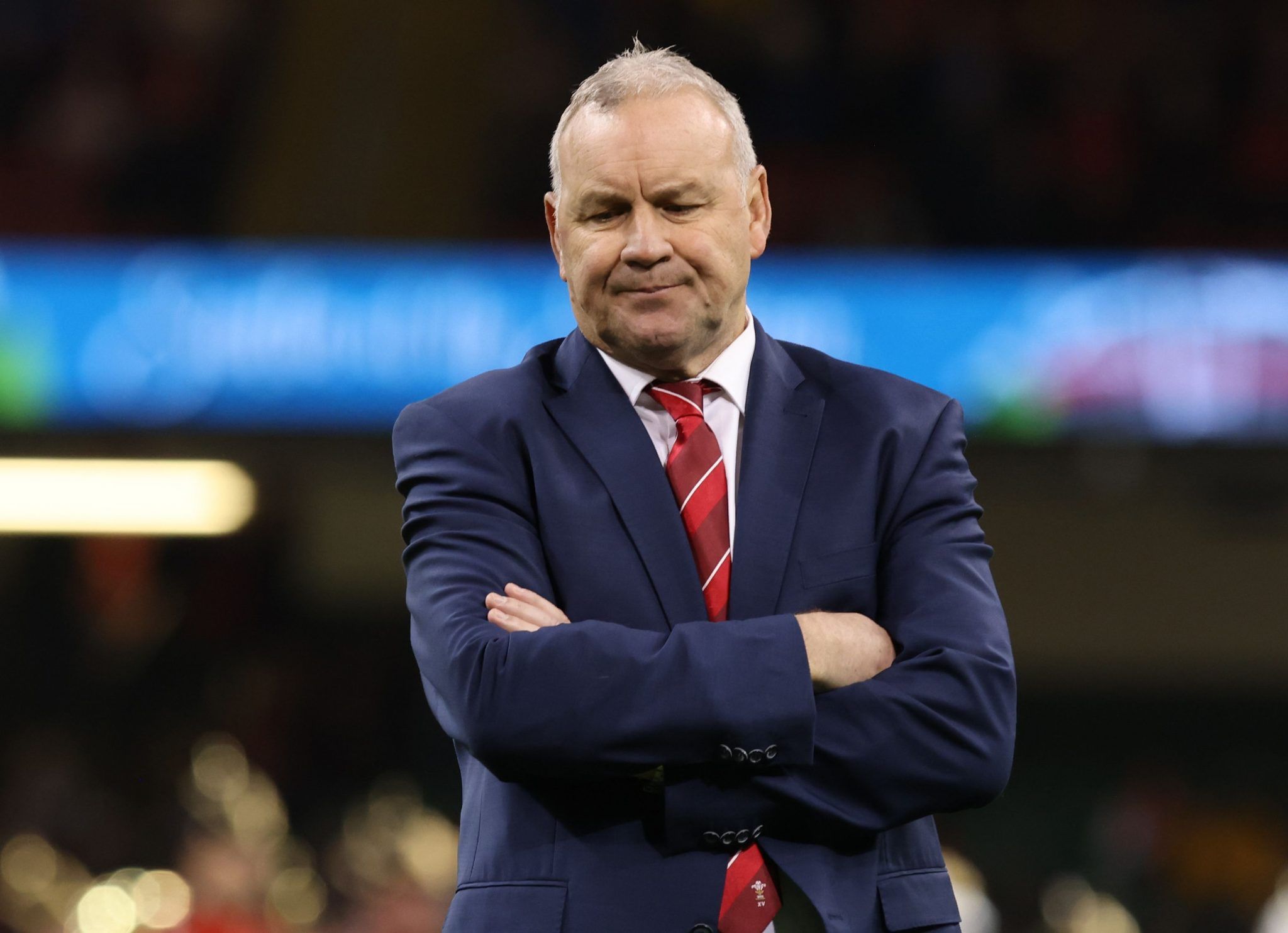 Wayne Pivac was relieved of his duties following a dismal Autumn series.[/caption]
With both the club and international sides on their knees, the Welsh union turned to the familiar figure of previous head coach Warren Gatland, who they saw as being capable of guiding a struggling side to some sort of form half a year out from the Rugby World Cup.
However, even the three-time Grand Slam-winning coach hasn't been able to correct course and avert what has become an utter shambles.
An opening weekend mauling in Cardiff at the hands of Andy Farrell's imperious Irish side was the first warning shot, before last weekend's capitulation in Murrayfield confirmed the worst for Welsh rugby fans- even Warren Gatland can't paper over these cracks.
There are a plethora of fires that the former British and Irish Lions coach needs to put out, but the most pressing of these is undoubtedly the issue of possible strike action.
The reasoning behind the muted strike action is that the Welsh union have placed a hold on contract renegotiations, with the official line being that the funds aren't available to offer players new and improved deals.
[caption id="attachment_219005" align="alignnone" width="640"]
Wayne Pivac was relieved of his duties following a dismal Autumn series.[/caption]
With both the club and international sides on their knees, the Welsh union turned to the familiar figure of previous head coach Warren Gatland, who they saw as being capable of guiding a struggling side to some sort of form half a year out from the Rugby World Cup.
However, even the three-time Grand Slam-winning coach hasn't been able to correct course and avert what has become an utter shambles.
An opening weekend mauling in Cardiff at the hands of Andy Farrell's imperious Irish side was the first warning shot, before last weekend's capitulation in Murrayfield confirmed the worst for Welsh rugby fans- even Warren Gatland can't paper over these cracks.
There are a plethora of fires that the former British and Irish Lions coach needs to put out, but the most pressing of these is undoubtedly the issue of possible strike action.
The reasoning behind the muted strike action is that the Welsh union have placed a hold on contract renegotiations, with the official line being that the funds aren't available to offer players new and improved deals.
[caption id="attachment_219005" align="alignnone" width="640"]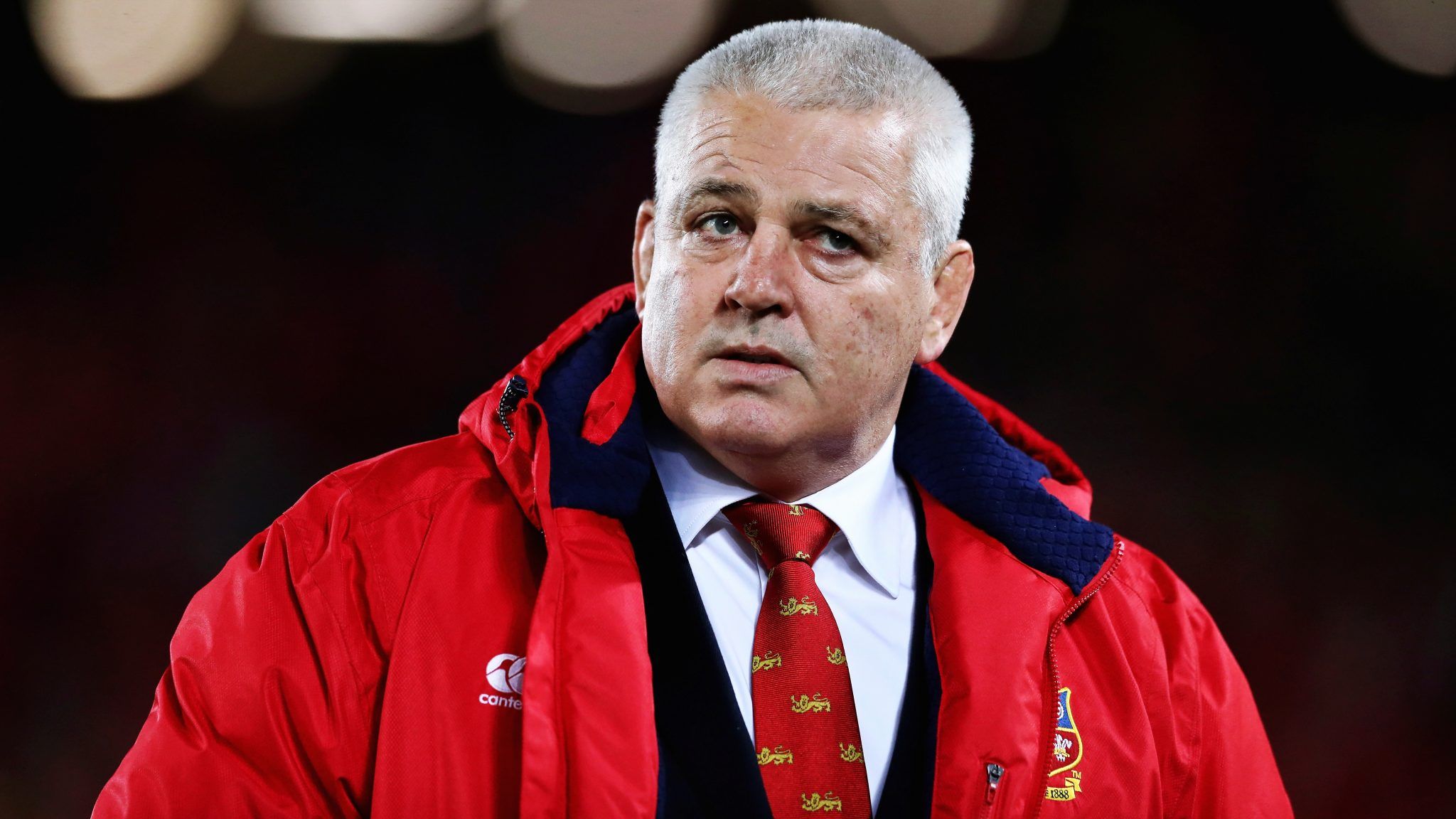 Gatland has been tasked with salvaging Wales' World Cup hopes.[/caption]
Speaking on the contention this week, Osprey's lock and 66-test cap veteran Bradley Davies told the media "How would you feel if you weren't guaranteed a contract? It is hundred per cent guaranteed you will be paid less than you were before, you are not even guaranteed all that money at the moment".
The second row went on to brandish the dispute a "civil war", before adding "It is not the money. We have no say. During Covid, which has been difficult for everybody, we were told we had pay cuts and the boys accepted that... We don’t want to strike. Boys want Welsh rugby to get better again. They want this to stop and us to move forward and compete with other teams and get better".
The Welsh Rugby Players’ Association also released a statement this week in which it said “the players have had enough”. However, Gatland himself has already made his stance on the matter clear, bluntly replying "No", when asked if he would support a strike by his playing squad.
Gatland has been tasked with salvaging Wales' World Cup hopes.[/caption]
Speaking on the contention this week, Osprey's lock and 66-test cap veteran Bradley Davies told the media "How would you feel if you weren't guaranteed a contract? It is hundred per cent guaranteed you will be paid less than you were before, you are not even guaranteed all that money at the moment".
The second row went on to brandish the dispute a "civil war", before adding "It is not the money. We have no say. During Covid, which has been difficult for everybody, we were told we had pay cuts and the boys accepted that... We don’t want to strike. Boys want Welsh rugby to get better again. They want this to stop and us to move forward and compete with other teams and get better".
The Welsh Rugby Players’ Association also released a statement this week in which it said “the players have had enough”. However, Gatland himself has already made his stance on the matter clear, bluntly replying "No", when asked if he would support a strike by his playing squad.
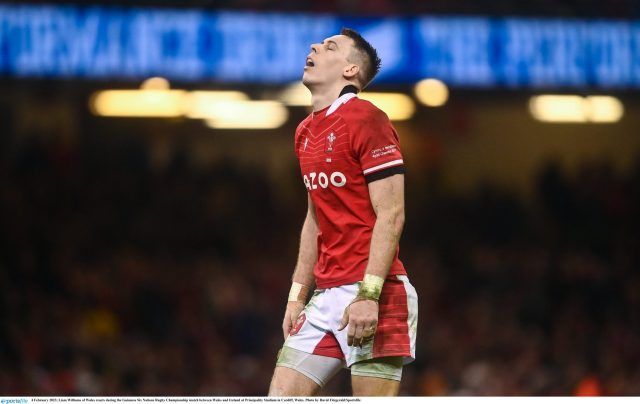 Despite this present fiasco, the roots of this remarkable downfall originate far earlier in time than the Welsh union's contract freeze decision.
On the opening weekend of the Six Nations, the issue of player development within Welsh rugby was patently evident for all to witness. Whilst they are incredibly decorated players, the likes of Alun Wyn Jones, Ken Owens and Rhys Webb are all in the twilight of their careers. Having to rely so heavily on a core of players in their mid-to-late thirties must be cause for concern.
Years of neglect of the club game, in which proper investment wasn't provided to grow the domestic game and cultivate a new generation of playing talent are primarily to blame.
[caption id="attachment_230694" align="alignnone" width="640"]
Despite this present fiasco, the roots of this remarkable downfall originate far earlier in time than the Welsh union's contract freeze decision.
On the opening weekend of the Six Nations, the issue of player development within Welsh rugby was patently evident for all to witness. Whilst they are incredibly decorated players, the likes of Alun Wyn Jones, Ken Owens and Rhys Webb are all in the twilight of their careers. Having to rely so heavily on a core of players in their mid-to-late thirties must be cause for concern.
Years of neglect of the club game, in which proper investment wasn't provided to grow the domestic game and cultivate a new generation of playing talent are primarily to blame.
[caption id="attachment_230694" align="alignnone" width="640"]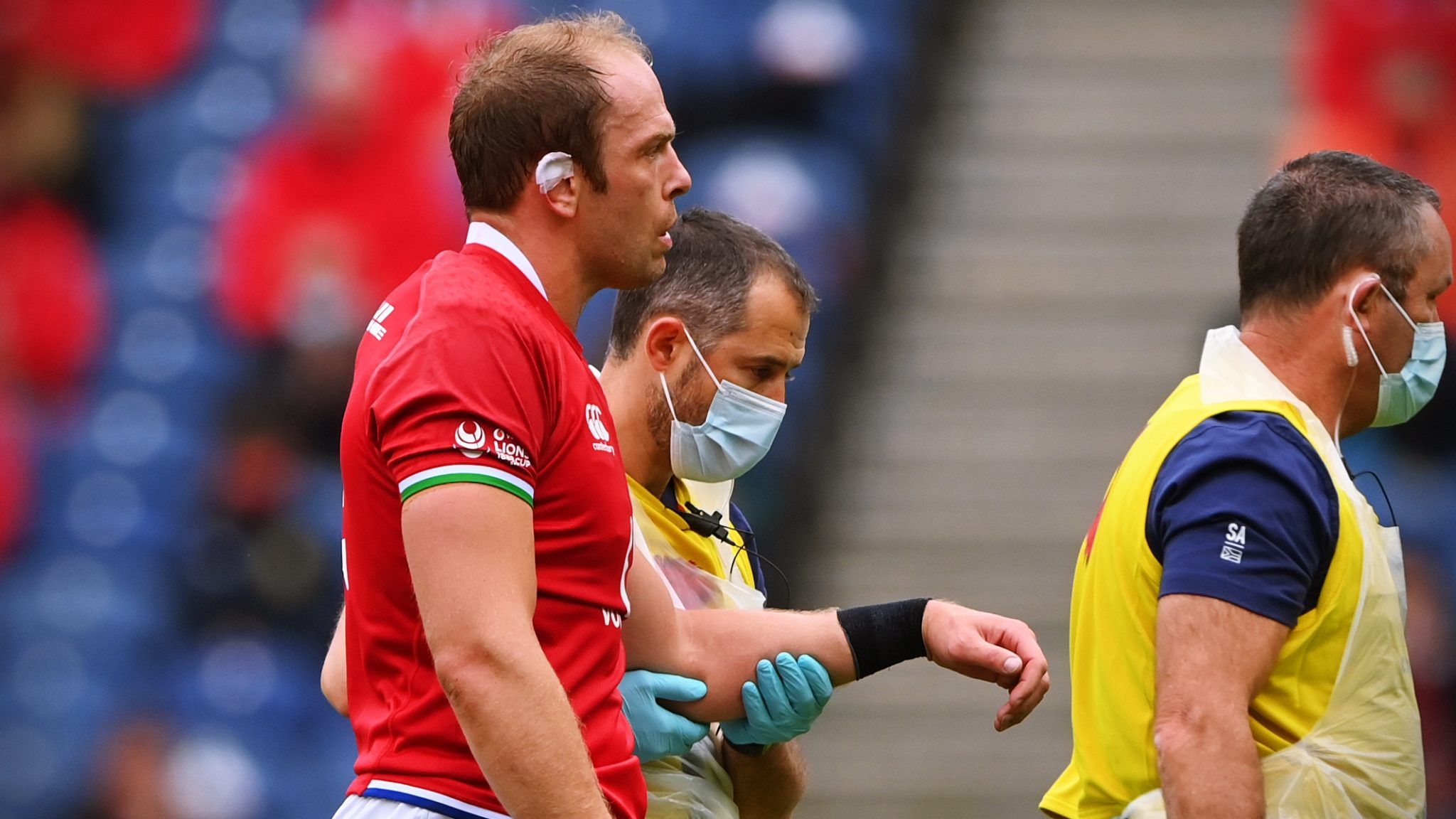 Alun Wyn Jones remains a key part of the Wales squad, even at 37.[/caption]
To still be starting and turning to players that were part of Gatland's first Grand Slam success over 15 years ago in 2008, is perhaps the clearest indictment of Welsh rugby's inability to undertake the necessary planning and preparation needed to consistently produce up-and-coming Test-level talent.
Further reinforcing this point in the drop-off in player production, one needs to look no further than Gatland's 2012 Grand Slam winning squad. With the likes of back row trio Sam Warburton, Justin Tipuric and Taulupe Faletau all 23 or under, and players such as 19-year-old George North in the backline, the Welsh production line was in full flow, producing an abundance of world-class talent.
The 2023 Wales squad couldn't look more different to their 2012 counterparts, with only a smattering of young talent with the likes of Louis Rees-Zammit being propped up by a clearly faltering senior core.
Alun Wyn Jones remains a key part of the Wales squad, even at 37.[/caption]
To still be starting and turning to players that were part of Gatland's first Grand Slam success over 15 years ago in 2008, is perhaps the clearest indictment of Welsh rugby's inability to undertake the necessary planning and preparation needed to consistently produce up-and-coming Test-level talent.
Further reinforcing this point in the drop-off in player production, one needs to look no further than Gatland's 2012 Grand Slam winning squad. With the likes of back row trio Sam Warburton, Justin Tipuric and Taulupe Faletau all 23 or under, and players such as 19-year-old George North in the backline, the Welsh production line was in full flow, producing an abundance of world-class talent.
The 2023 Wales squad couldn't look more different to their 2012 counterparts, with only a smattering of young talent with the likes of Louis Rees-Zammit being propped up by a clearly faltering senior core.
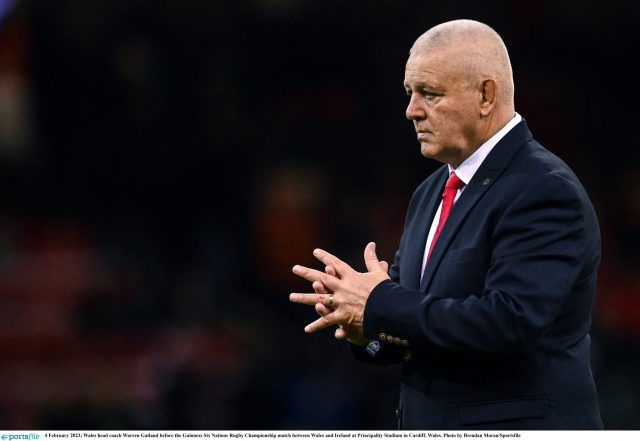 So where does Welsh rugby go from here?
England and France are wedged on either side of a trip to Rome, to face an Italian side who already beat the Welsh at the last time of asking, leaving the prospect of a first wooden spoon finish in two decades looks like a very real possibility.
With a Rugby World Cup pool containing Australia, Fiji and Georgia, things could very quickly go from bad to worse for this Wales side.
However, if there's one man in world rugby with the required nous and mentality to halt the slide, it's Warren Gatland.
Related links:
So where does Welsh rugby go from here?
England and France are wedged on either side of a trip to Rome, to face an Italian side who already beat the Welsh at the last time of asking, leaving the prospect of a first wooden spoon finish in two decades looks like a very real possibility.
With a Rugby World Cup pool containing Australia, Fiji and Georgia, things could very quickly go from bad to worse for this Wales side.
However, if there's one man in world rugby with the required nous and mentality to halt the slide, it's Warren Gatland.
Related links:
Explore more on these topics: